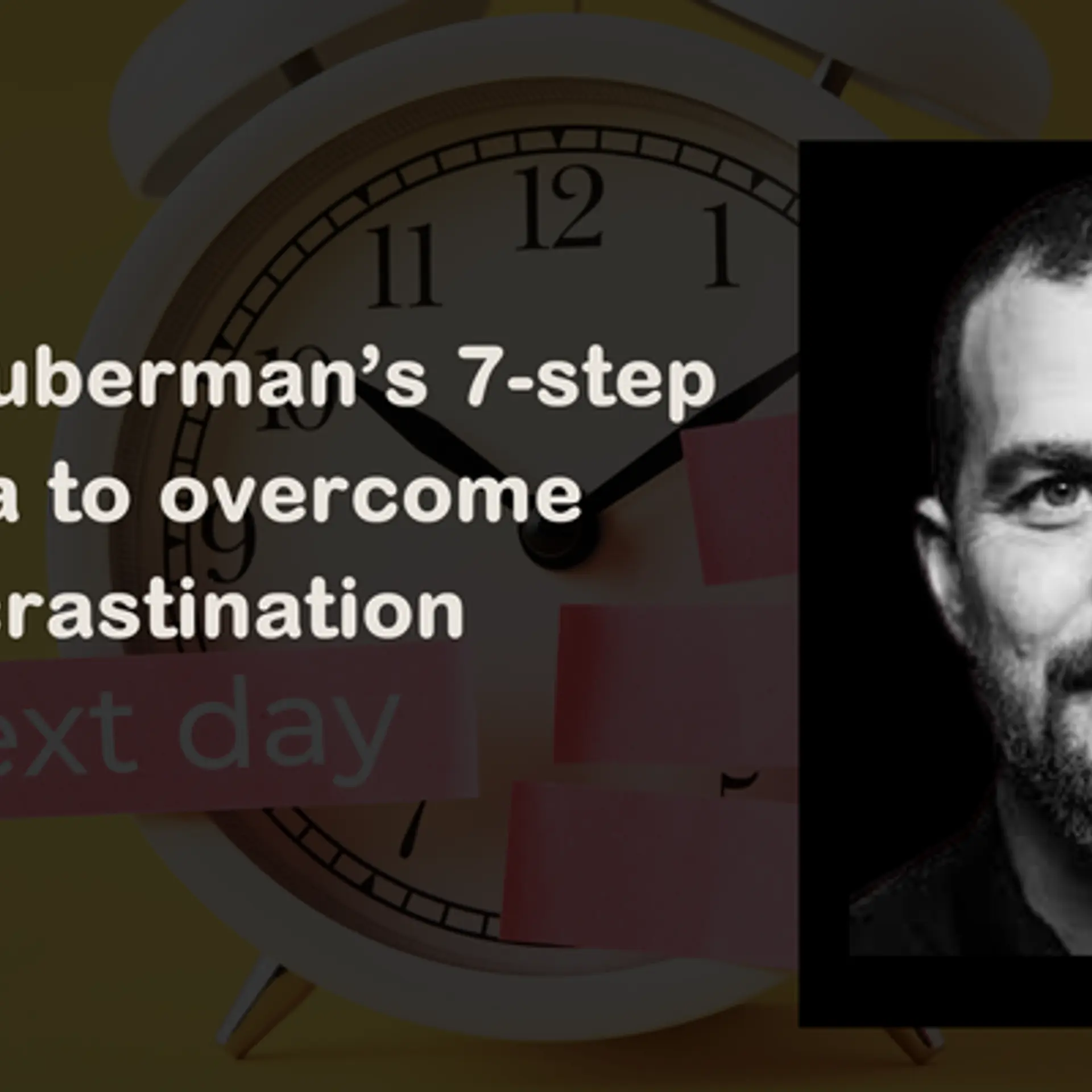Aloe, rose, or banana fabrics? Wear your love for nature on your sleeve this summer
Love the idea of clothes made of natural and innovative fibres? Check out Core by JSI whose sustainable fashion practices will show you the importance of slow fashion
What would you choose to wear this season? A jersey woven in cool aloe, a tuxedo made of banana fibre, a blouse spun out of rose petals or a jacket interlaced with eucalyptus? Meet Jyoti Sachdev Iyer and Sayesha Sachdev, the founders of Core by JSI, who believe in a minimalist approach to fashion, and have created luxurious everyday wear, using nothing but the most innovative fabrics sourced from across India.
As advocates of ‘slow fashion’, which is the art of designing, creating, and buying garments for quality and longevity despite slower production schedules, the mother-daughter duo has worked tirelessly to capture the spirit of the movement that also believes in fair wages, lower carbon footprints, and zero waste.
Core by JSI primarily focuses on using a careful selection of various fabrics made from aloe vera, rose petal, bamboo, eucalyptus, and recycled cotton - to name a few to create a stunning array of quality-inspired clothing at affordable prices. All textiles used are sourced from verified and eco-supported organisations across India as the brand strongly supports the Make in India initiative.
In an exclusive interaction with YS Weekender, Sayesha spoke about the importance of slow fashion, the hottest summer trends, and why innovative fabrics are the need of the hour.

Sayesha Sachdev
YS Weekender: Can you tell us about your company, Core by JSI and how was it launched?
Sayesha Sachdev: Over a weekend that my mum and I met, we spoke about how to develop our new brand, Core. As she is a noted fashion designer, known for her elegant wedding and occasion wear, we decided that Core by JSI would be based on her ideologies brought to life for a different market. I have always been an advocate for slow, sustainable fashion, which is a growing need in today’s fast-paced world. I was delighted to carry her legacy forward whilst having the freedom to create the designs I resonated with most.
Also read: In search of the perfect brew: Susmita Das Gupta’s tea journey from Bengal to Bengaluru

Jyoti Sachdev Iyer
YSW: You have worked with natural fibres infused with aloe vera, banana crepe, and poppy cotton. Why did you decide to work with these fabrics?
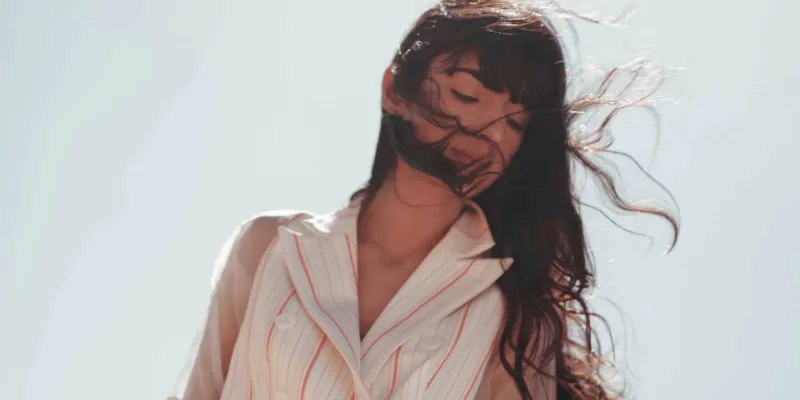
Wear natural fabrics for a cooler summer
SS: Poplin Cotton* Aloe Vera fibre is the first natural fibre we introduced this season, whilst the cotton, and banana crepe have been recycled. As to why we did so, I would say it is because the current state of the fashion industry is a rat race to feed the ever-growing need of consumers in whatever way we can.
We can blame consumers for wanting fast fashion, but it’s important for designers, design houses, and people of the industry to recognise and revolutionise what they put out there. I found that working with organic and recycled material was extremely important to me because it holds a strong message, a message that sustainable fashion is the need of the hour, but it can also be ‘trendy’.
Aloe vera was extremely interesting to work with, and as I learned about the fibre, I fell more and more in love with the magic these textiles could create and how they created little or no damage on the environment around us.
YSW: Why are these fabrics so good for the summer?
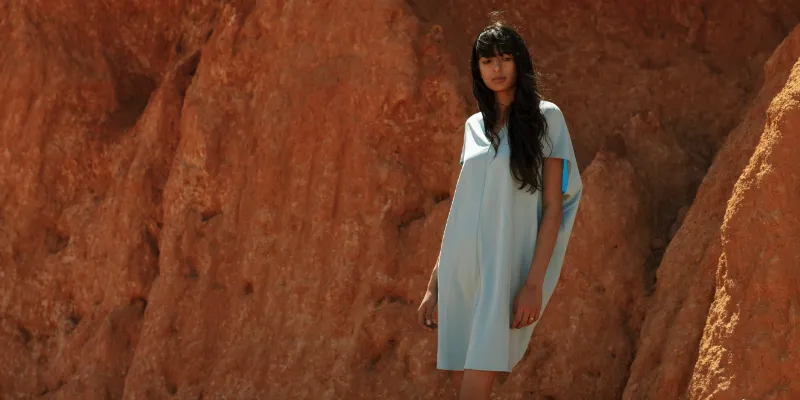
Be aware of the clothes and fabrics that you wear
Also read: Museum hopping in London: a visual treat in culture and history
SS: What most people don’t know is that the clothes they wear often contain a lot of toxic materials, whether it’s dyes or whether it is chemicals that are used to treat these fibres.
Did you know there are not more than five accepted chemicals that can be used according to environmental organisations, but brands use over 2000 unregistered chemicals to treat their fabrics?
It’s scary to think I’d have something on my skin that isn’t good for me, as if our food and water isn’t polluted enough. The least we can do is be more aware of the clothes we wear.
Aloe is known to nourish human skin, evaporate sweat, keep you cool and it’s anti-bacterial too. Sounds ideal for the summer, doesn’t it?
YSW: What are some of the styles you have incorporated into your collection?
SS: You can expect minimal cuts, and clean designs that can be worn in a bunch of ways. We wanted to give people the opportunity to style our garments in diverse ways. It is minimal because classics never go out of fashion and can be incorporated into almost any wardrobe.
YSW: What is your design USP?
SS: ‘Less Is More’, and keeping it simple – that’s our USP. We concentrate more on enhancing the natural textiles we use rather than changing what they stand for in the first place. We don’t believe in hiding blemishes with embellishments, but rather giving life to textiles that are usually hidden under layers of work and treatment. It should not affect the environment adversely either.

The classics never go out of fashion
YSW: What kind of recycling do you do?
SS: Large fast-fashion manufacturers produce millions of tonnes of industrial waste around the world each year. The recycled material we use is taking what exists out there and re-weaving it into new fabric, rather than manufacturing more that results in more industrial waste that then ends up in landfills. If people made an effort to consciously recycle their clothes and if brands started to introduce recycling as a compulsory process in their businesses, they wouldn’t only save a lot of money but also save the world, especially at this point where we need it the most.
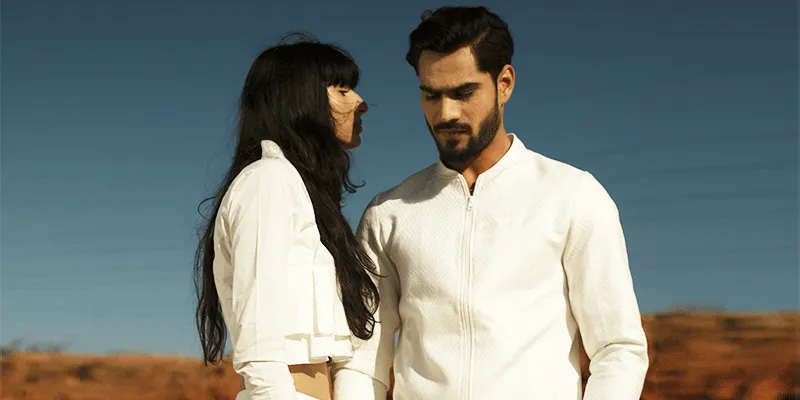
All the fabrics in the collection are non-toxic and good for the environment
YSW: What are some of the other research you are doing with fabrics, for instance with rose petals, eucalyptus, etc? What are the benefits of these fabrics?
SS: The most important advantage of these fibres is that they’re natural and non-toxic. Our future collections will have an abundance of natural fibres that are not just good for your skin but also good for the environment, and easily recyclable.
YSW: How would you say you are offering a fresh take on sustainable fashion?
SS: Sustainable fashion is often seen as anti-fit, loose, and a completely different aesthetic from fast fashion. Our take is more accessible and we strive to start important conversations using the garments we create as a form of expression.
Being artists, we think it’s extremely important to make use of the power we have to make a positive impact on society and the world. Our designs are a fresh take on the boring old staples in your wardrobe.
YSW: Why do you describe your collection as 'fashion meets art’?
SS: Our brick-and-mortar store is an extension of the idea of ‘fashion meets art’. Being huge fans of artistic talent, my mum and I wanted to use the space we had to promote artists that we believe in. We hosted our first art installation with French photographer Magali this weekend at our store. We want to use what we have to promote what we believe in and that’s why want art to meet fashion and merge the two worlds into one.
YSW: What are the trendiest summer styles this year?
SS: The cinched waist is what we're loving this season - in fact it was invented in Britain during the Second World War as the government introduced a clothes’ rationing policy because the war put pressure on clothing manufacturers. It was actually one of the first steps in the industry towards 'sustainable' fashion. Plus, the cinched waist is such a stunning way to accentuate your figure.
YSW: What is the best way to upgrade your wardrobe according to the season?
SS: Capsule wardrobes are the way to go. We understand that most people do want to keep up with ever-changing trends and have seasonal wardrobes. Building a capsule wardrobe will help you stay trendy during a season and also minimise consumption. Personally, I love pastels, light colours, the classics, and layering.
YSW: What would you say are some of the mistakes Indian women make while choosing a wardrobe?
SS: The biggest mistake, in my opinion is Indian women make when choosing a wardrobe is they shop for more in quantity and less in quality. I think as Indians, most of us have an inherent quality of being attracted to slashed prices. The idea of ‘I can buy so much more in this much amount of money’ it too good a deal to miss.
YSW: Can you give some style tips?
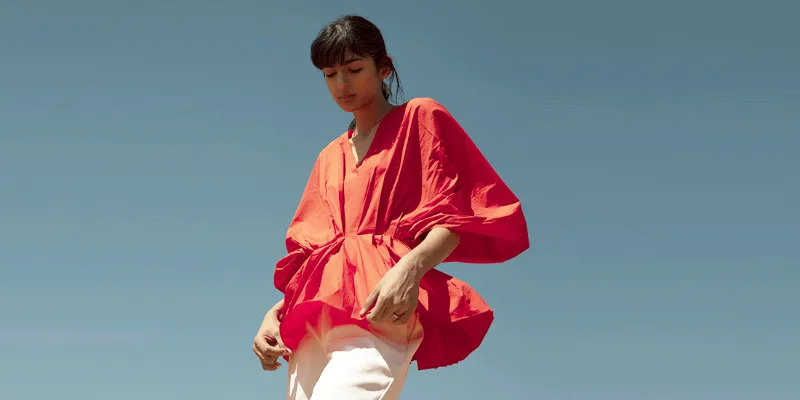
Find a style that suits you
SS: People need to build their own personal styles. Taking inspiration from trends is great, and that's why they exist, but to replicate something just because it's in season takes away from your personality.
The clothes we wear is our second skin and building a wardrobe you feel most comfortable in is what matters.
YSW: What are your plans for the future for the company and for yourselves?
SS: You can expect unique techniques and fabrics. We spend a lot of our resources on R&D so we're planning on introducing innovative ideas into the market. We are also looking forward to expanding to different cities across India and the world.
Also read: Ratna Chadha, the woman who brought cruises to India, is now gearing up to get busy retiring






